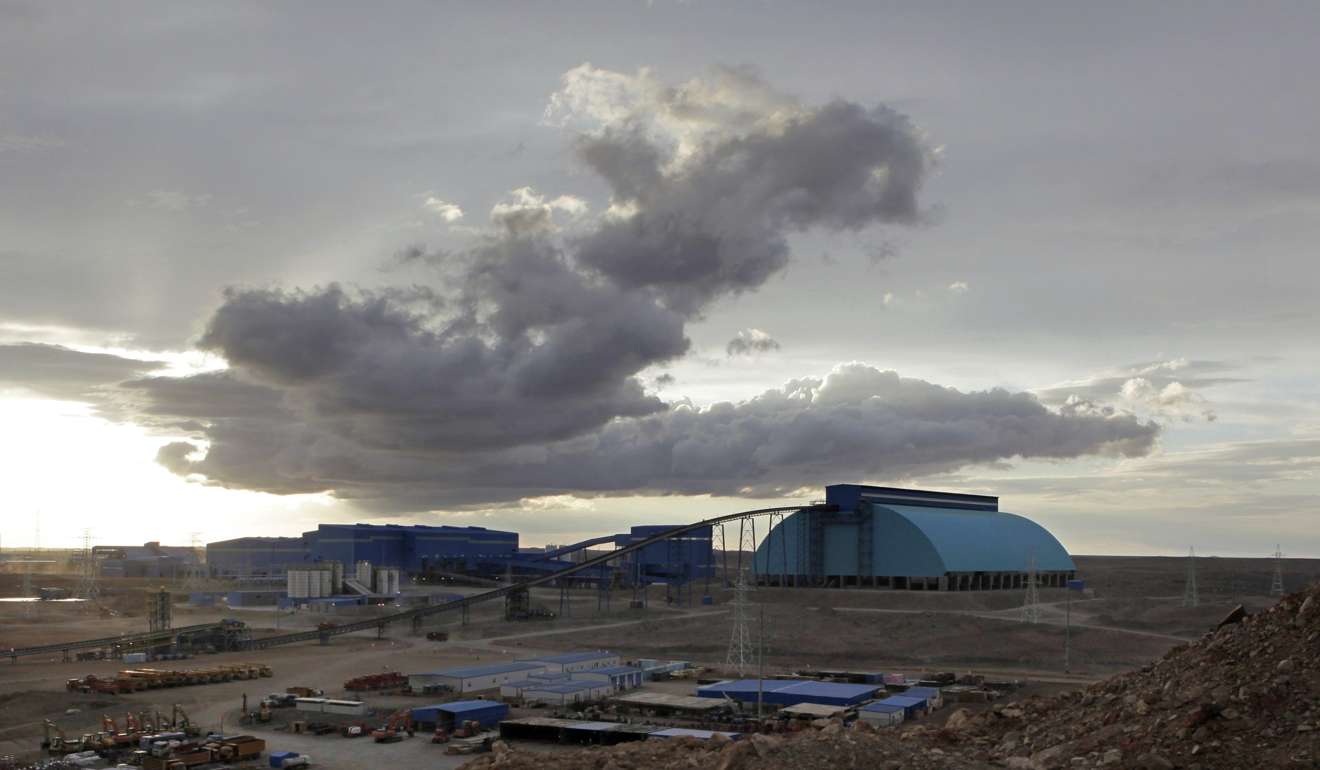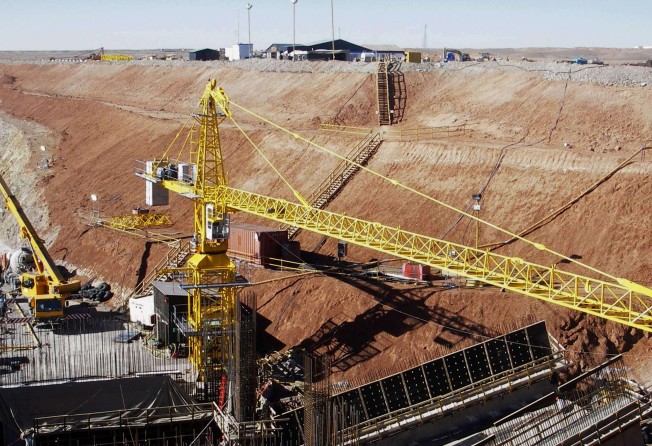
IMF to loan Mongolia US$440 million as part of bailout package

Mongolia reached an initial agreement with the International Monetary Fund for a three-year programme that includes a US$440 million loan package as part of a US$5.5 billion bailout to help the north Asian country with looming debt repayments.
“The Asian Development Bank, the World Bank and bilateral partners including Japan and Korea are expected to provide up to another US$3 billion in budget and project support, while the People’s Bank of China is expected to extend its 15 yuan billion (US$2.2 billion) swap line with the Bank of Mongolia for at least another three years,” the IMF said in a statement on Sunday. “The total external financing package will thus be around US$5.5 billion.”
Economic growth in Mongolia slowed to 1 per cent last year as commodity prices fell and growth slowed in China, the main buyer of the nation’s copper and coal exports. The country also saw foreign investment collapse after a dispute with Rio Tinto over the Oyu Tolgoi copper mine.
The Extended Fund Facility (EFF) will support the government’s plan to address balance-of-payment pressures and also help the government repay looming debts, including the Development Bank of Mongolia’s US$580 million bond repayment due in March.
This marks the sixth time since 1990 that the IMF has bailed out Mongolia, the most recent a stand-by agreement in 2009-2010, according to IMF spokesman Keiko Utsunomiya.
The financing will support a Mongolian programme, “which intends to restore economic stability and debt sustainability as well as to create the conditions for strong, sustainable and inclusive growth”, according to the IMF statement.
The agreement is subject to the confirmation of financing assurances, the completion of prior actions by the authorities, and the approval of the IMF Executive Board. The board is expected to consider Mongolia’s request in March.

This is “great news, the market will receive this positively,” Dale Choi, the head of the research firm Mongolia Metals & Mining, said in an email. It is the “bottom out everyone has been waiting for and the only way is up.”
Ahead of the agreement, parliament amended the development bank law, making changes recommended by the IMF. The amendments were designed to depoliticise the bank and include a rule that board members cannot have held political office in the past five years.
Mongolia’s central bank had US$1.3 billion in foreign reserves at the end of December, well below the US$4.1 billion it held at the same time in 2012, when money was pouring into Mongolia’s mining sector amid the commodities boom.
“While many Mongolian businesses may feel the short-term pressure of a marginal increase in taxes, the successful implementation of the EFF arrangement in Mongolia will stabilise the domestic currency and boost confidence in the banking sector,” Bilguun Ankhbayar, chief executive of the Mongolian Investment Banking Group, said by email.
“This will likely result in increased activity in those economic sectors that have the most competitive advantage,” he said.
Foreign exchange reserves should rise to US$3.8 billion by the end of the programme, according to the IMF statement. By 2019, economic growth is projected to pick up to around 8 per cent.
“Fiscal consolidation will leave room for the banking sector, over time, to extend more credit to the private sector, consistent with projected growth. These policies would also put public debt on a declining path over the course of the programme,” the IMF said.
The country’s budget deficit at the end of 2016 tripled to 3.67 trillion tugrik (US$1.5 billion), compared to a year earlier, while total external trade dropped 2.3 per cent and non-performing loans in the banking system rose 25 per cent.
“Attempts to stem the decline through expansionary policies proved ineffective after a few years, and the economy is now stagnating, weighed down by high debt and low foreign-exchange reserves,” the IMF said.